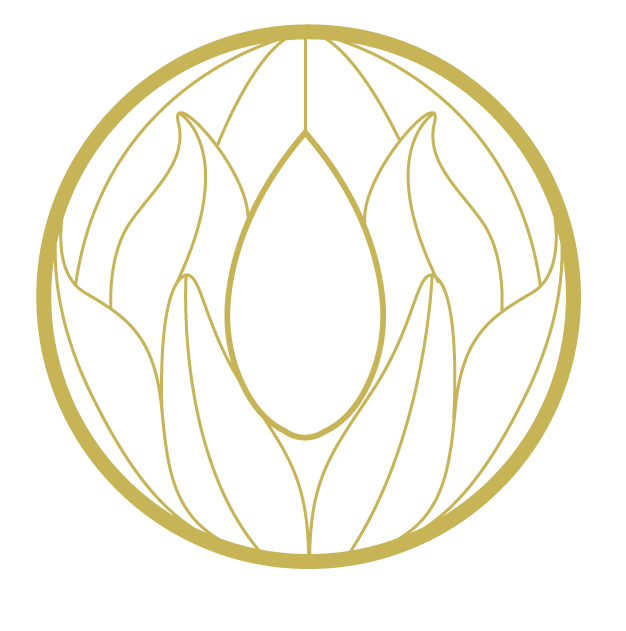Acupuncture
The benefits of Acupuncture, moxibustion and cupping :
An effective treatment approach in the treatment of acute and chronic conditions
Pain management - cupping helps to relieve muscle tension and promotes circulation
arthritis, neck and shoulders tension headaches, vertigo, frozen shoulder
knee issues, sciatica, hip stiffness
women's health: all aspects of regulating a healthy menstrual cycle - PCOS, Endometriosis, amenorrhea & painful periods
Preconception, fertility, pregnancy breech and post partum care
Chronic fatigue, anxiety, depression & Insomnia
colds, flu, sinusitis & allergies *Seasonal hay fever
Acupuncture:
What is it?
Acupuncture is the practice of insertion of very fine and sterile needles that are inserted to specific points in the body that are referred to as meridians or the body’s energy flow lines. This stimulates the regular flow of the energy or Qi throughout the body. Other methods that may be adopted during treatment may include: acupressure, laser therapy, moxibustion, massage, cupping and electro stimulation
Following a thorough case history from the patient, a series of physical examinations may be performed such as identifying localised areas of the body that may be in pain, or identifying underlying presentations that can not be seen via tongue and pusle analysis. A treatment plan is then developed to support individual therapy.
(Australian Acupuncture and Chinese Medicine Association, 2021)



